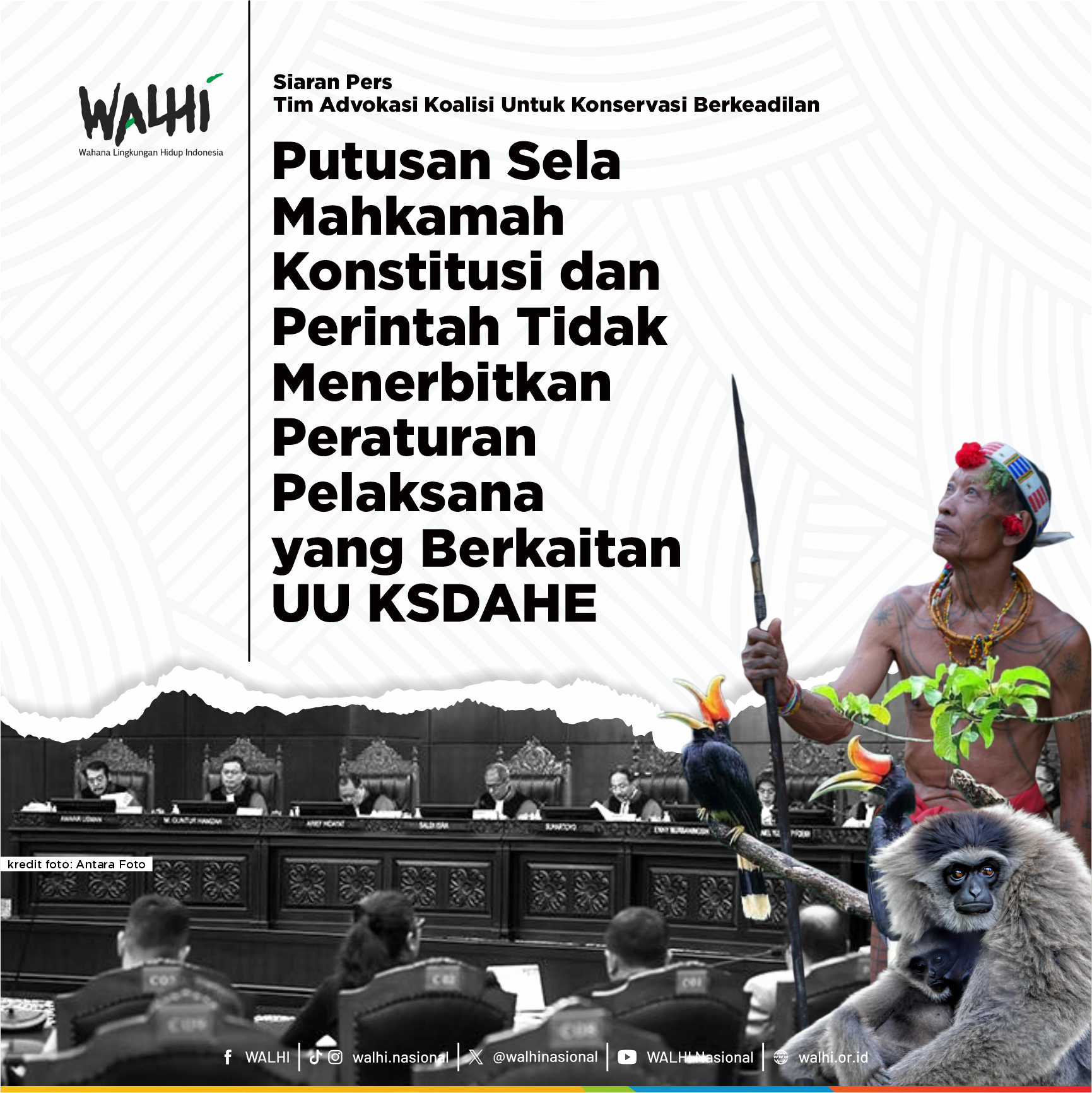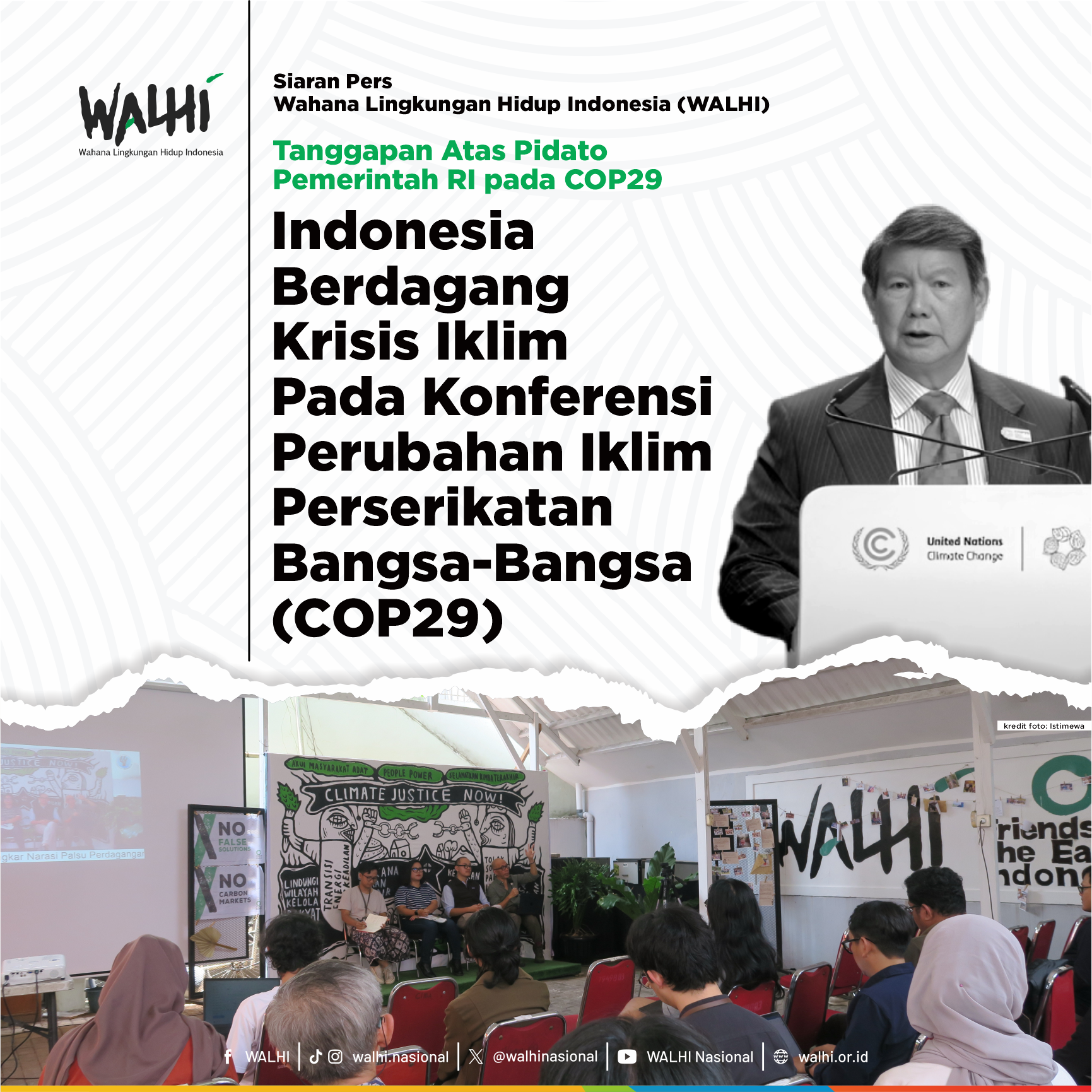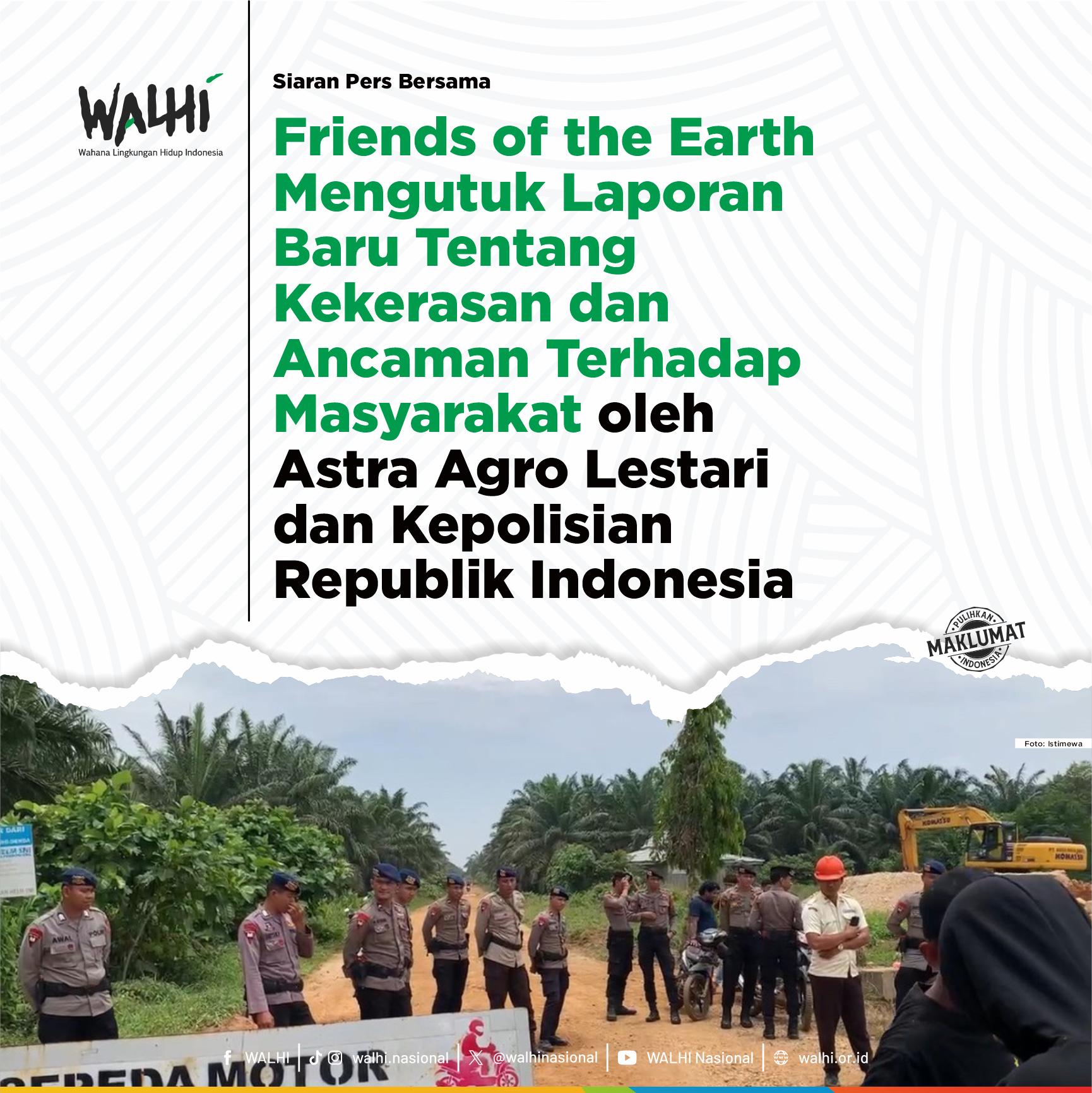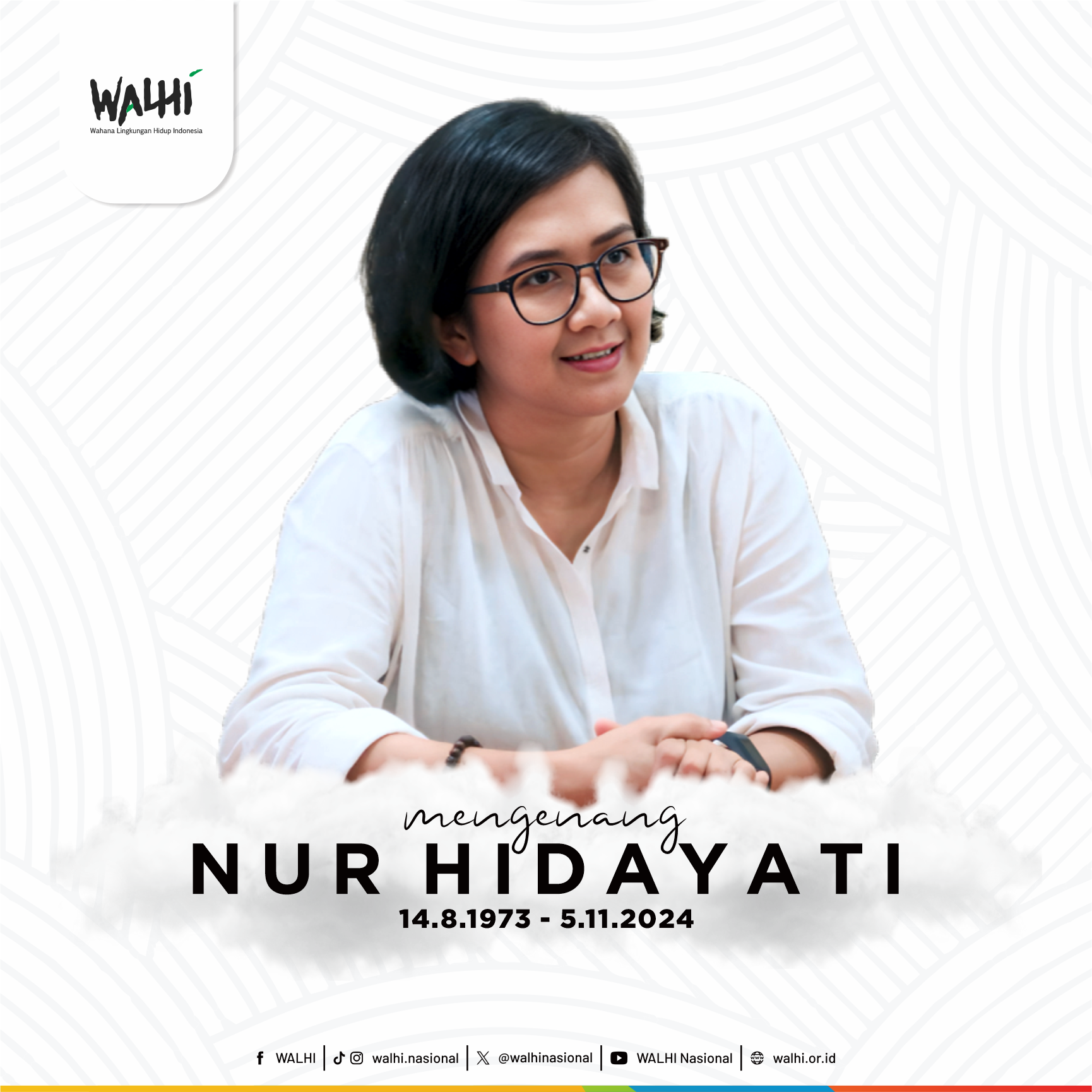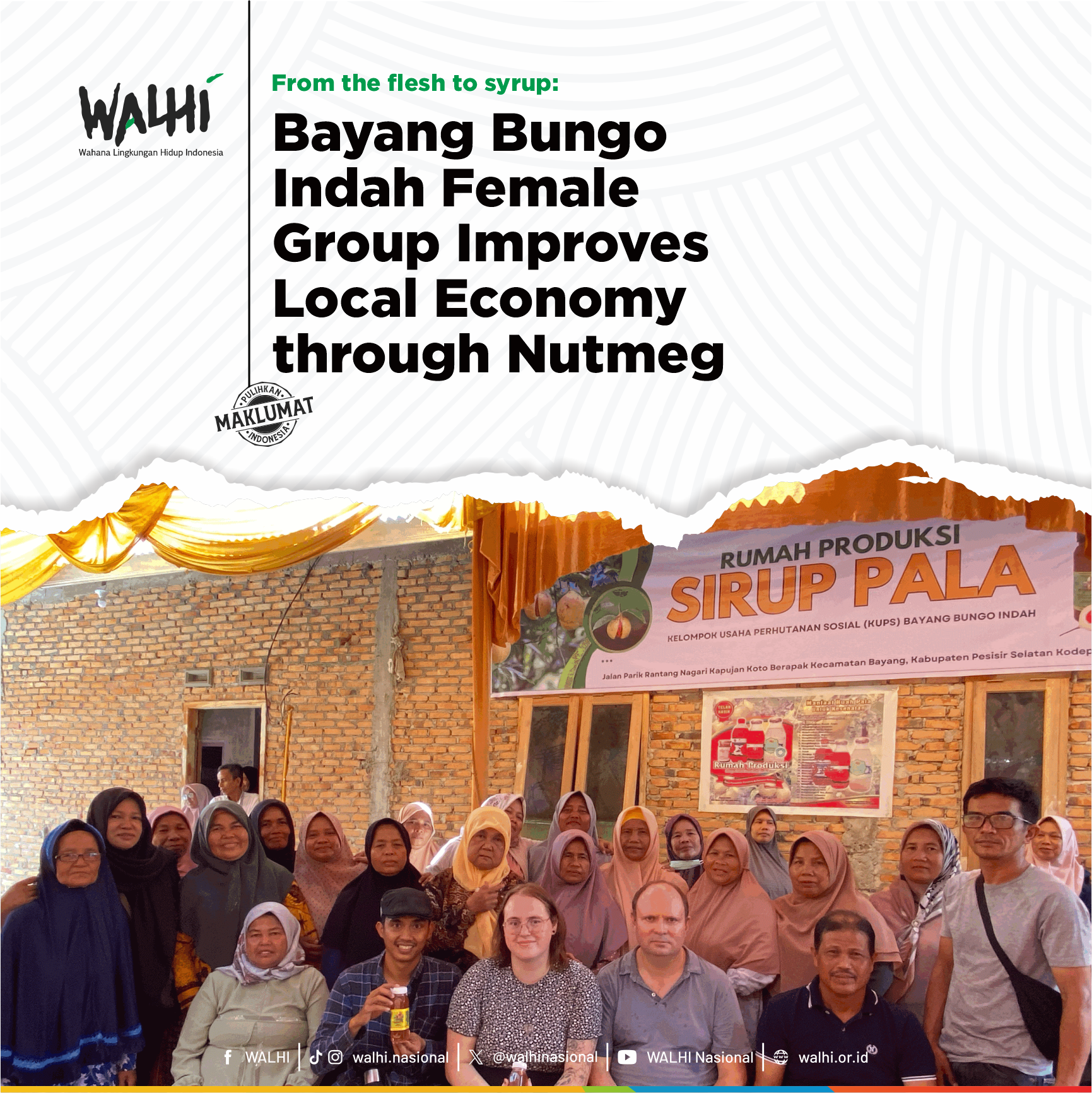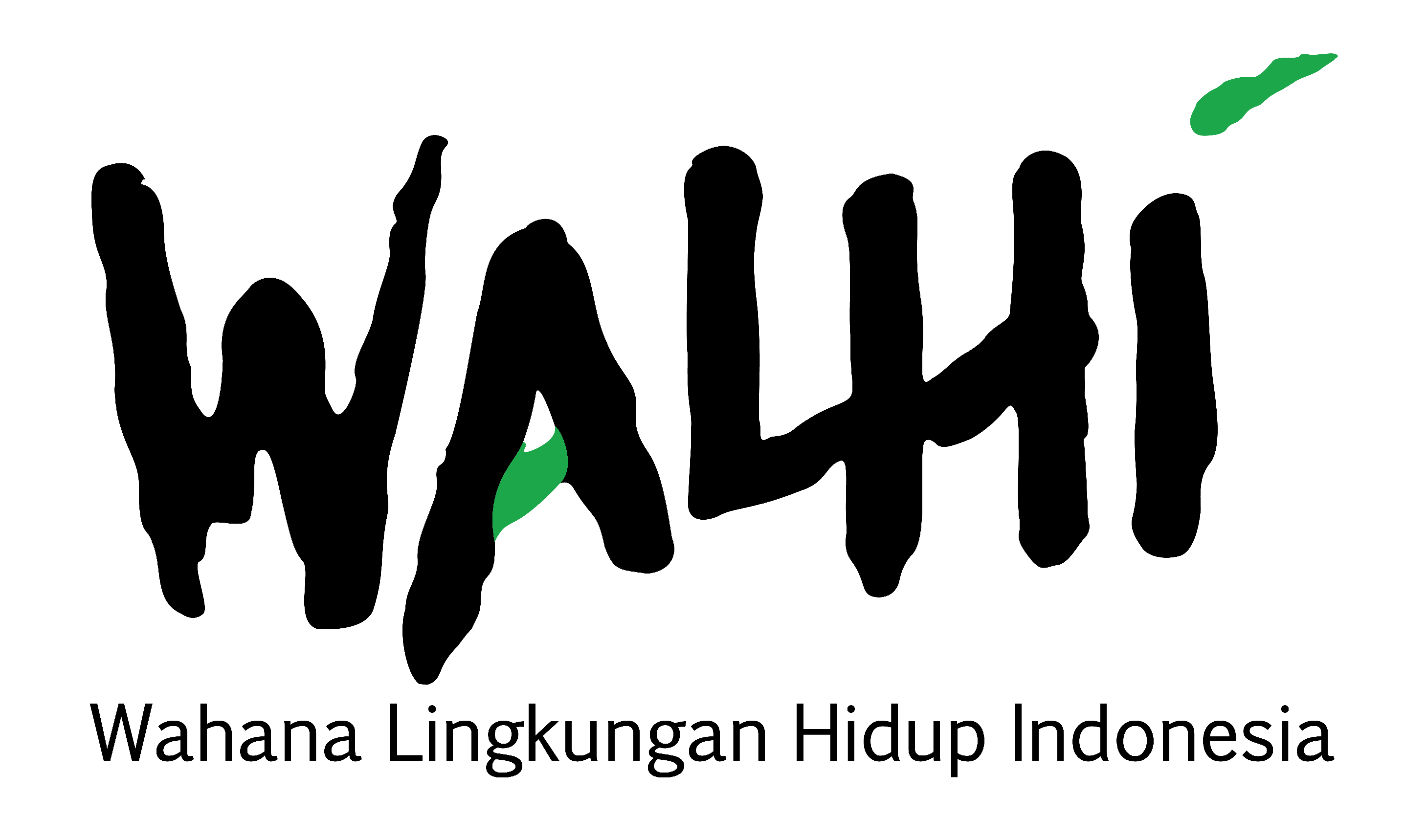Environmental education to school is one of the activities undertaken by WALHI National Executive in giving education about the importance of protecting the environment. This time the school that was visited is Noah Early Chilhood Center school located at Jln Kalisari Raya, East Jakarta. This event held for 2 days on 22nd – 23rd August 2017, by dividing the material in 3 classes every day. The first class discusses lifestyle for 3rd and 4th grade of 174 student, guided by Malik Diazin from Campaign Department and Walhi National Network Expansion. The material begins with watching a short film that tells about the life of indigenous peoples in the Meratus mountain, South Kalimantan that coexist with nature and faithfully preserve it. From the film, we compared to the life of people in the city that tend to ignore the nature, for example, the travel culture that always use private vehicles that cause congestion and air pollution. In addition, a clean lifestyle begins by not littering, and starts sorting waste by type (organic and non-organic).
The second class consists of 175 students from 5th and 6th grader. The theme of the discussion was "Environment and Kinds of Energy" which presented by Dinand. The presentation uses materials that display energy-efficient pictures by turning off electricity when not in use, save water, and reduce paper usage. The students enthusiastically listen to the material given. The third class consist of 148 students from 1st and 3rd grade. The presenter was Surachman Ponco from Department of Fundraising with the theme "Habitat and Types of Forests". The presentation telling the journey of a sheet of paper until finally can be used for various needs.
Preserving the forest by saving paper usage is important because paper comes from a tree that can fulfill the oxygen for two adults and forest is the lungs of the world. Indonesia has a large forest but the awareness to keep it is low. On the second day, 23rd August 2017, students were introduced to maintain the environment by knowing the biopore hole, how to make it and what the advantages of the biopore hole. This material was initiated by watching films hosted by Melva, staff from Department of Education and Regeneration. The films describing climate change that occurred with the example of visualization of weather conditions in the refrigerator. This activity will take place again on 18th – 19th September 2017 with the practice of recycling second hand goods. The result will be donated to help Walhi keep the environment sustainable.

